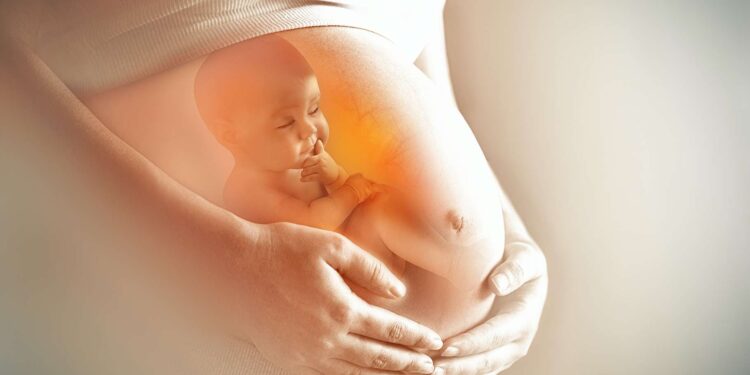Evidence from previous research suggests that consciousness is likely to be in place early in infancy and may even appear before birth. These results could present important clinical, ethical and legal implications.
This will also interest you
(ON VIDEO) Interview: can we digitize consciousness? Science often works by biomimicry, that is to say by drawing inspiration from living things. Digitizing human consciousness…
Consciousness is not only one of the most difficult words to define » according to the philosopher André Comte-Sponville, but its childhood appearance also remains tinged with mystery. When and in what form does consciousness first emerge? There are two schools of answer to the temporal question. “ We cannot remember our childhood, and consciousness researchers disagree on whether consciousness appears “early” (around birth) or “late” – around the age of a year or even much later” », Explains in a press release Dr Tim Bayne, professor of philosophy at Monash University (Melbourne).
Two visions of the appearance of consciousness
Few doubt that consciousness is generally in place by the age of one, when children have a wide range of perceptual and cognitive abilities and exhibit so-called “communicative” behaviors. Some theorists then defend a “late” view, suggesting that consciousness requires cognitive abilities that are unlikely to be in place before the child’s first birthday (at the earliest).
Other theorists defend an “early” account, suggesting that consciousness is likely to be in place at birth (or shortly thereafter) and may even emerge during the third trimester of pregnancy. It is this vision that an international team of researchers defends – from Trinity College from Dublin and their colleagues from Australia, Germany and the United States – after reviewing empirical and methodological advances in this area. The results of the study, entitled “ Consciousness in the cradle:emergenceemergence of childhood experience », are published in the journal Trends in Cognitive Science.
These advances take into account the use of certain markers from brain imaging in adults which make it possible to reliably differentiate consciousness from its absence. This is the first time these markers have been used to assess possible consciousness in infants.
No definitive answer
“ Although it is premature to make definitive statements about when consciousness first emerges, we suggest that current evidence indicates that consciousness is likely to be in place from early childhood, and may even begin before the birth. Our primary goal, however, is not to provide a definitive answer to the question of when (and in what form) consciousness first emerges, but to present recent developments in a compelling framework that will advance the discussion of this important question », Write the authors.
It should be noted that the notion of consciousness involved in the study is more of an “awareness” or a “primary consciousness” (from an experiential point of view) than other forms which require reflection. or self-awareness. “ These features may even be absent in adult states of consciousness and are unlikely to be present in early stages of life experience », Specify the researchers.



